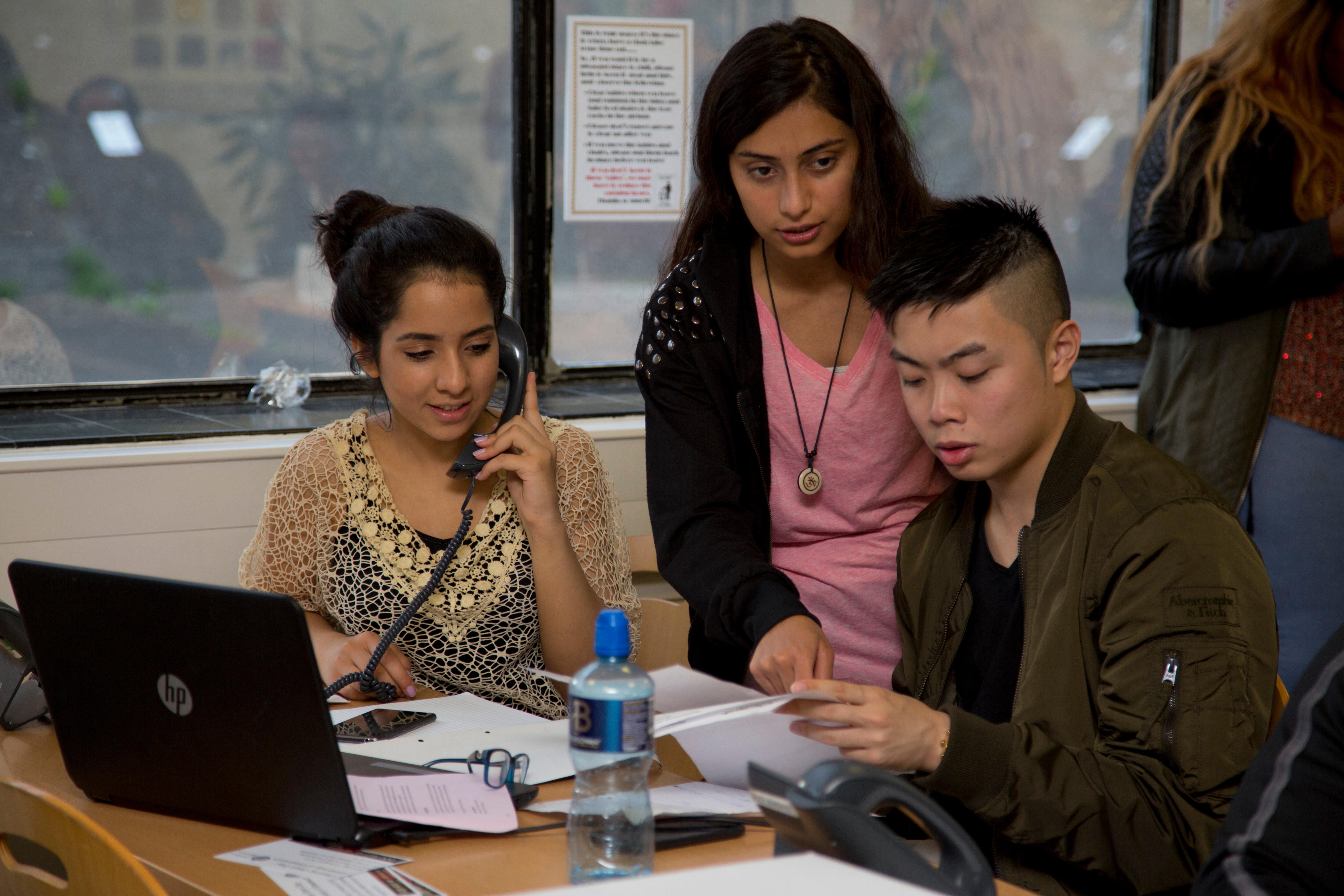
Support truly
independent journalism
Our mission is to deliver unbiased, fact-based reporting that holds power to account and exposes the truth.
Whether $5 or $50, every contribution counts.
Support us to deliver journalism without an agenda.

Louise Thomas
Editor
As A-levels results day (August 15) draws closer, anxiety in households across the UK is bound to heighten.
Professor Alan Smithers, director of the Centre for Education and Employment Research at the University of Buckingham, has predicted that the percentage of UK A-level entries awarded an A or A* grade will fall again this year as part of continued efforts to restore pre-pandemic grading.
So here is some advice in case your child doesn’t get the grades that they hoped for on Thursday…

Take a deep breath
Stay calm and collected.
“Don’t panic and take a deep breath,” advises Ruth Duckworth, parenting coach at Action for Children’s Parent Talk service. “Results day is stressful enough and adding to their disappointment will make things worse.”
Offer support and reassurance

“It’s essential to give your child a safe, empathetic and non-judgemental space to vent their disappointment and frustration to you,” says Duckworth. “Getting lower A-level results than expected isn’t the end of the world, so let your teenager know that your pride in them goes beyond any grade.”
Avoid comparison

“Your child will start comparing themselves to their classmates or siblings if their results aren’t as good as they expected,” says Harriet Finlayson, specialist mental health nurse at Bupa. “However it’s important to note that doing so can make them feel worse. Remind them of their own achievements which may sit outside of academia.
Duckworth adds: “Encourage them to stay off social media for a while as seeing their friends and peers celebrate their grades may lead to unhealthy comparison.”
Seek advice from a teacher

“Schools are able to provide additional support for parents and children, whether that be discussing resitting exams, foundation years, vocational qualifications or apprenticeships,” says Finlayson. “Try scheduling a meeting with your child’s teacher or the school’s adviser and ask your child if they’d like you to attend with them as well.”
Share your own experiences

Remind them that no one is perfect and share your own experiences of times where you overcame disappointment.
“Consider sharing your own setbacks or past experiences and how you dealt with them,” advises Finlayson. “This can help to put into perspective for your child that this is something that they can come back from.”
Encourage them to keep their options open
University isn’t the only route to a successful and fulfilling career.
“There are many alternative paths you can explore if going to university this year isn’t the best choice for you,” says Ed Johnson, CEO and co-founder of online mentoring and career progression platform PushFar. “An increasingly common choice is apprenticeships, which gives you academic training, valuable work experience and allows you to earn a wage while working towards a professional qualification.”
Retaking some exams is another option worth considering if your child has their heart set on a particular university and course, adds Johnson.
Gap years are also increasing in popularity with school leavers.

“Taking a gap year can provide time to gain clarity about what your future could look like, without fear of rushing into any decisions you are unsure about,” explains Johnson. “This time can be used to gain valuable skills, volunteer, earn some money or even experience the world.”
Check out the UCAS clearing process

If you child is still determined to go to university in September, then the UCAS clearing process is there to help.
“Universities all over the country will have availability on courses even on results day, and these are up-for-grabs for those going through clearing,” explains Johnson. “Make a list of universities and courses they are interested in ahead of time, do your research and make some back-up options in case their initial choice is no longer available.”







